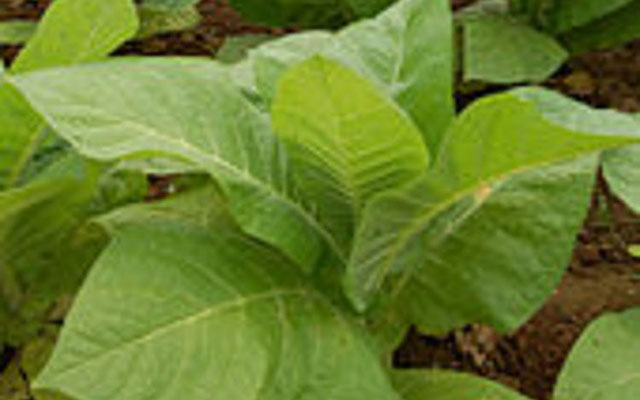‘Copper dust affects quality of tobacco crop’

Conrad Mupesa in MHANGURA
Tobacco farmers in Mhangura and Karoi in Mashonaland West are worried about copper dust particles from Mhangura slime dumpsites, which they say contaminate their crop and reduce its quality. Their fears where confirmed by a 2015 study that found out that excessive copper in plants affected the growth and physiology of plants, which in turn, reduces production and quality.
Tobacco farmers in Karoi and Mhangura say apart from stunted growth, most notice dark spots on their tobacco leaves after curing and this has constantly been specified by tobacco company field officers and buyers as an effect of excessive copper in the plants.
“Since I ventured into tobacco about four years ago, most of my tobacco is given a low to fair quality tag and buyers always say it has high copper concentrate,” said Mr Tendai Farasi of Gudubu farming area, southwest of Mhangura. In Karoi, Mr Snervani Rangwani of Mauya farming area said in some affected fields contamination caused stunted growth or bushy top.
“In some parts of Hore and Mauya in Karoi, we have noticed tobacco plants failing to grow well as compared to other tobacco plants planted on land with the same soil PH,” he said. Samuel Chirwa, an environmental health technician, said excessive copper toxicity had an impact on various crops like maize and soyabeans, as they suffered stunted growth and reduced yield due to alterations in nutrition, enzyme activities and decreased chlorophyll biosynthesis.
“The two areas are adjacent to the slime dumpsites and according to our wind patterns they are the most affected areas,” he said. Some farmers said the neglected Mhangura slime plant also posed a threat to people and livestock.
“We fear for our livestock as green effluent flows during the rainy season from the now closed Mhangura Mine works area to the Ridziwi River which is a source of water for our livestock,” said Mr John Muzenda from Ponderosa Farm in Mhangura. Makonde District environmental health technician Mr Edwin Mumiriki said there was need for various stakeholders to embark on afforestation of exotic trees on the dumpsites to reduce the impact. Mhangura Copper Mines abandoned environmental management affairs, including planting of trees on the slimes dumpsites soon after the closure of the mine in 1999, posing a serious threat to the surrounding areas.







Comments